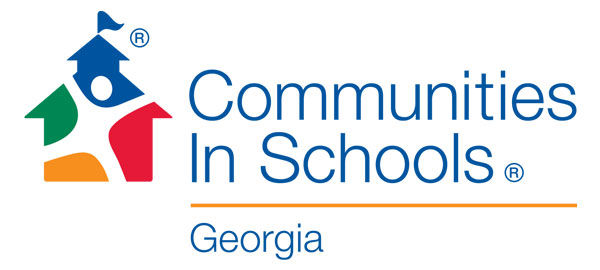 This week Jacob Croskey begins his middle school career at an Atlanta middle school and is totally enthusiastic about the newness of a different school. Fortunately, he possesses the kind of support system with a mother and dad keenly focused on his success. His mother took time away from work to visit the school almost a year ago in preparation for the new venture. She’s met with the principal several times and discussed the kind of instructional program Jacob will be receiving and what she and her husband Dan need to do to ensure a successful 6th grade
This week Jacob Croskey begins his middle school career at an Atlanta middle school and is totally enthusiastic about the newness of a different school. Fortunately, he possesses the kind of support system with a mother and dad keenly focused on his success. His mother took time away from work to visit the school almost a year ago in preparation for the new venture. She’s met with the principal several times and discussed the kind of instructional program Jacob will be receiving and what she and her husband Dan need to do to ensure a successful 6th grade
Apprehensions and anxieties remain BUT his parents are doing what schools want and need for every child –a fully prepared and capable middle class support system that’s planning ahead, thinking about strategies, preparing itself and children so that school works for them. Surely, school will be a great success.
But this is not the norm for at least 600,000 Georgia children who come from lower income situations whose parents cannot take paid time from work, would never consider setting a meeting with the school principal or even knowing how to plan for a new school a year in advance – in general, not knowing how to “guarantee” success.
Nevertheless, these children like Jacob represent Georgia’s future well-being, so its democracy and economy thrive. That’s one of the reasons Communities In Schools exists – working with schools and families to support the success of those children whose circumstances could work against them and not for them.
Communities In Schools (CIS) understands that public schools need help to increase regular attendance and graduation rates, to help parents connect better with their children’s learning program and personally support children – kindergarten through high school – ensuring a level playing field and making sure success possibilities stay very high.
CIS seizes on the huge pool of good will that exists in every community and links it to children, families, teachers and schools by building connections that align with the school education program and provide support where needed.
Every person in every community can contribute to the network of support among local agencies and volunteer groups so strong education partnerships can be ready to give all children what Jacob is so privileged to have. Do not all children deserve this? Throughout Georgia many of us can take a small amount of time to make a big difference for a child. There’s no limit to what a child can do when backed by a caring adult.
Neil Shorthouse is president of Communities In Schools of Georgia. Communities In Schools organizes community resources to increase student and school success.
